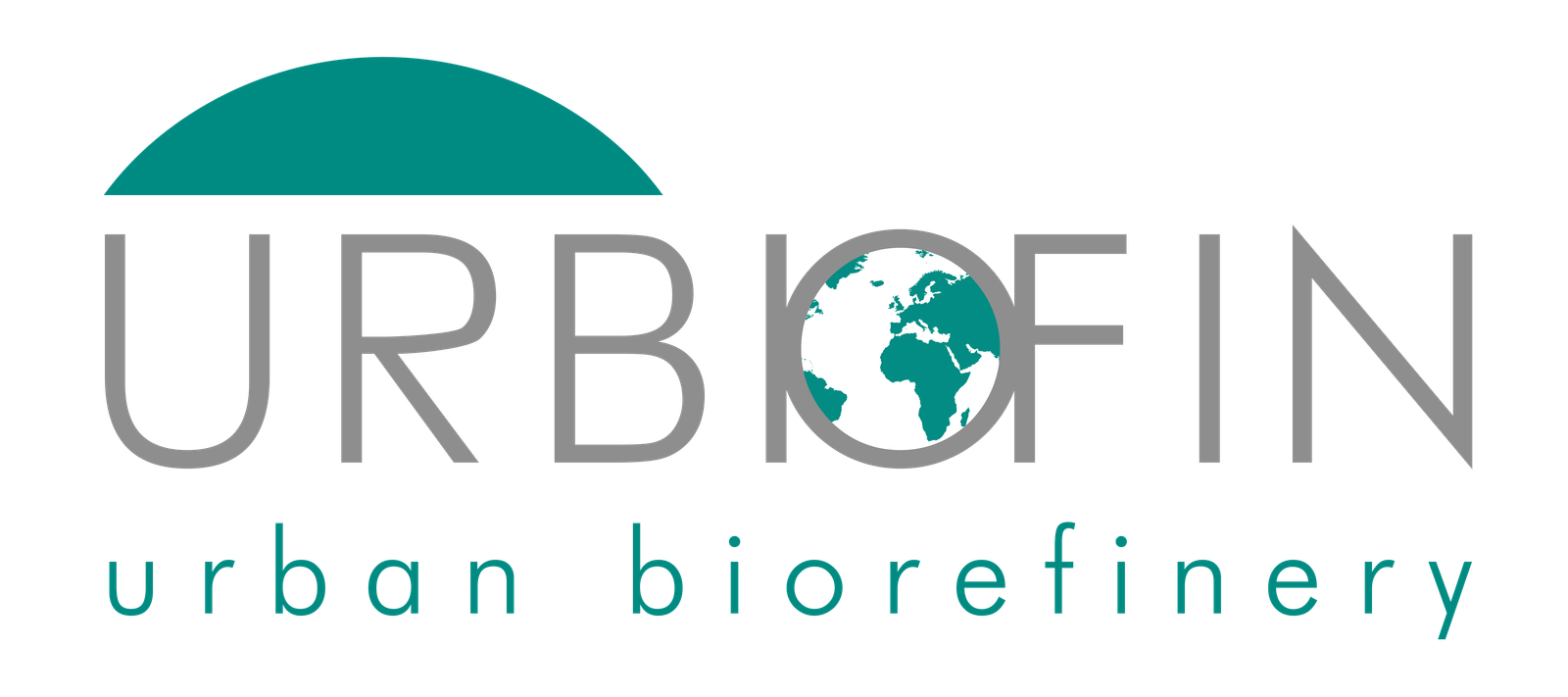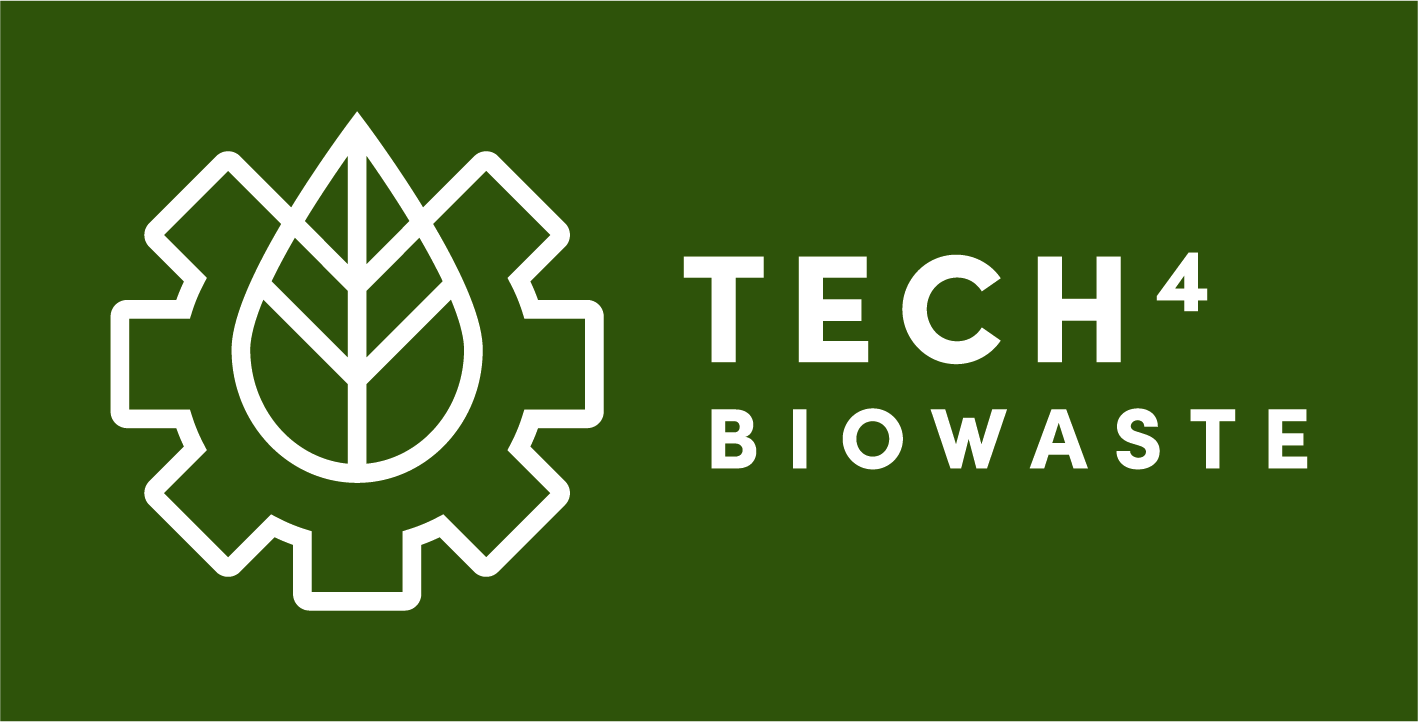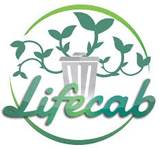URBIOFIN project
Project concluded

Due to the rapid growth of population, municipal solid waste (MSW) has contributed significantly to the total amount of waste generated by our society. Today in Europe, each habitant generates, in average, 0.5 tonnes of MSW per year, increasing at an annual rate of 10%. Around 40-50% of it correspond to organic waste. This organic fraction mainly contains carbohydrates, proteins and lipids, which are all useful raw material that can be converted to valuable products. Its valorisation will help to solve environmental pollution but also contributes to the transition from a linear to a renewable circular economy. Digestion and composting have contributed to the reduction of the biodegradable fraction of MSW sent to landfill. The low economical value of compost and biogas is limiting the sustainable implementation of separate sourcing systems since increasing citizen environmental (waste) taxes is then needed to tackle important logistic costs. New biobased products can help to improve waste treatment environmental and socioeconomical sustainability.
The aim of URBIOFIN project is to demonstrate the techno-economic and environmental viability of the conversion at semi-industrial scale (10 T/d) of the organic fraction of MSW (OFMSW) into: Chemical building blocks (bioethanol, volatile fatty acids, biogas), biopolymers (polyhydroyalkanoate and biocomposites) or additives (microalgae hydrolisated for biofertilisers). By using the biorefinery concept applied to MSW (urban biorefinery), URBIOFIN will exploit the OFMSW as feedstock to produce different valuable marketable products for different markets: agriculture, cosmetics. URBIOFIN will offer a new feasible and more sustainable scenario alternative to the current treatment of the OFMSW.
Contacts: Project Coordinator Ms Caterina Coll, caterina@perseobiotech.com









